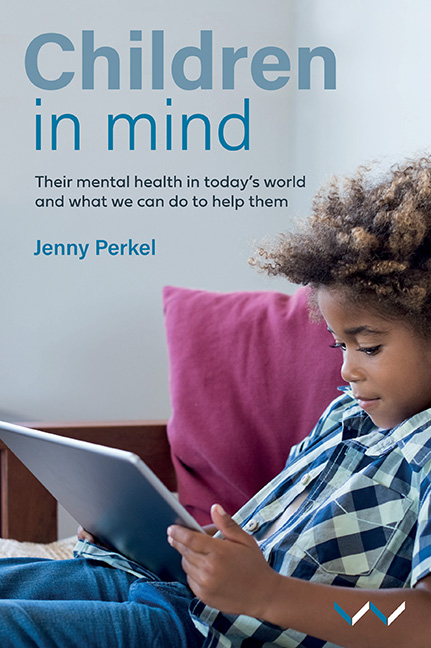9 - Children of the Pandemic
Published online by Cambridge University Press: 26 May 2022
Summary
When the Covid-19 pandemic first began, it was difficult to know what kind of impact it was going to have on today's children. Most child psychotherapists were as shocked and unprepared as everyone else for the ways in which the world changed. Gradually the effects of the pandemic on children are becoming more apparent. I and most of the child psychotherapists in my network have had a dramatic, unprecedented increase in the number of referrals of children to our practices. These referrals are for child mental distress of varying kinds, but the general consensus is that children are suffering as a result of Covid-19 and its associated factors, including lockdown. As noted in previous chapters, children often are not able to express verbally what is causing their distress, and they use their defences in ways that can distract (themselves and their parents) from conscious awareness of their suffering.
At the time of writing this chapter, vaccination programmes – with their promise of hope – are at various stages of rollout in South Africa and globally. The battle against Covid-19 continues and too many people are still dying. People are moving in and out of lockdown, businesses are failing, poverty and unemployment are escalating and mental health problems continue to emerge. Although the pandemic has made its mark on children around the world, the impact on their mental health is highly variable. The child's context, home circumstances, age and school environment all influence her particular experience of the pandemic. More importantly, family dynamics, relationships within the family and the atmosphere inside her own locked-down home play a vital role. The pandemic has highlighted and deepened the divide between wealth and poverty, with lower-income families taking a substantially harder knock. And yet, much of the child's experience of the pandemic depends on how her parents have been affected by and managed the crisis.
Parents set the tone for the child's experience of the pandemic
The pandemic has exacerbated the severe, already existing socio-economic problems that affect the mental health of many children and their families, within South Africa and beyond its borders. This in itself is one of the most serious consequences of the pandemic on child mental health.
- Type
- Chapter
- Information
- Children in MindTheir Mental Health in Today's World and What We Can Do to Help Them, pp. 105 - 118Publisher: Wits University PressPrint publication year: 2022



